2016 Collaborators in the News: A Year of Many Achievements
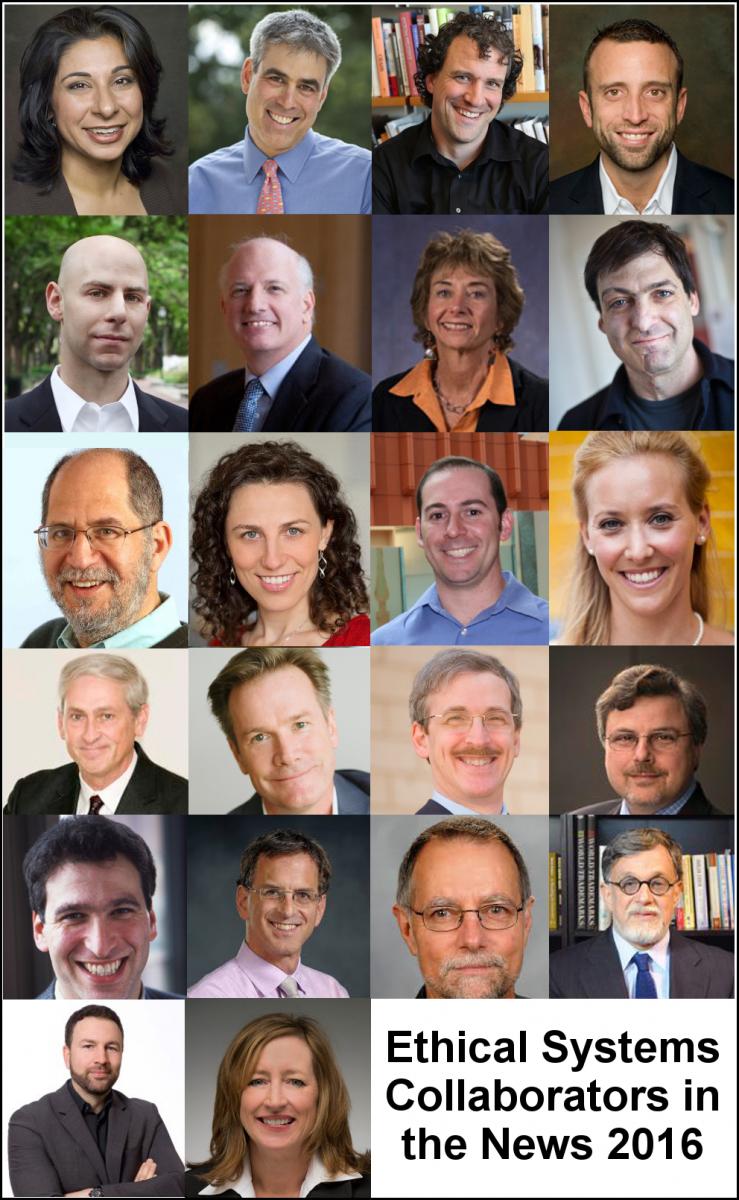 2016 was a year of many achievements for our growing collaborator network. We invite you to browse a highlight list of the research, articles, appearances and talks that helped advance our mission and promote a greater understanding of ethics, decision making, and ethical systems design.
2016 was a year of many achievements for our growing collaborator network. We invite you to browse a highlight list of the research, articles, appearances and talks that helped advance our mission and promote a greater understanding of ethics, decision making, and ethical systems design.
Browse our collaborators and their highlights and achievements from this year >>

 It takes a commitment to business and a desire to better oneself that motivates earning a Master in Business Administration. The degree is seen as a passport to financial success and business leadership, a necessary piece of the puzzle should you want to attain keys to the executive suite.
It takes a commitment to business and a desire to better oneself that motivates earning a Master in Business Administration. The degree is seen as a passport to financial success and business leadership, a necessary piece of the puzzle should you want to attain keys to the executive suite. Cross posted from the AuditFutures Blog.
Cross posted from the AuditFutures Blog. 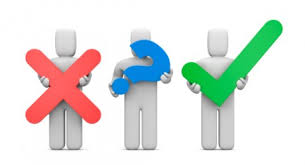 When corporate scandal occurs- whether it makes headlines or not- there is a tendency to blame bad apples instead of examining the organizational culture to identify areas in need of further improvement or oversight.
When corporate scandal occurs- whether it makes headlines or not- there is a tendency to blame bad apples instead of examining the organizational culture to identify areas in need of further improvement or oversight. Interview with
Interview with 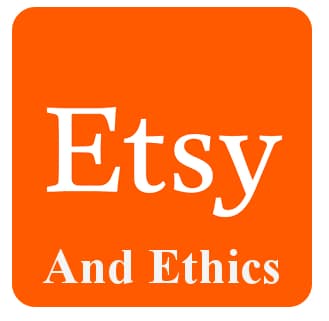 What happens when people make a mistake at work? That depends on the culture of the organization- covering it up or passing the buck are options when competition drives behavior or if there is a low trust environment. But at Etsy, employees are not only asked to own up to their errors but reveal them to the entire company.
What happens when people make a mistake at work? That depends on the culture of the organization- covering it up or passing the buck are options when competition drives behavior or if there is a low trust environment. But at Etsy, employees are not only asked to own up to their errors but reveal them to the entire company.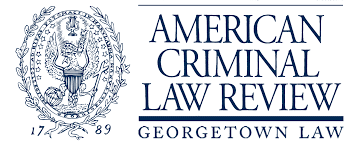 Donald Langevoort
Donald Langevoort In a captivating article for Fast Company ES collaborator
In a captivating article for Fast Company ES collaborator 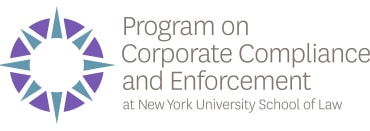 This piece has been cross-posted from the
This piece has been cross-posted from the  It is no secret that behavioral science can be chock full of terms that, while widely recognized in our community, may still present some confusion among practitioners. To that end, in partnership with the
It is no secret that behavioral science can be chock full of terms that, while widely recognized in our community, may still present some confusion among practitioners. To that end, in partnership with the